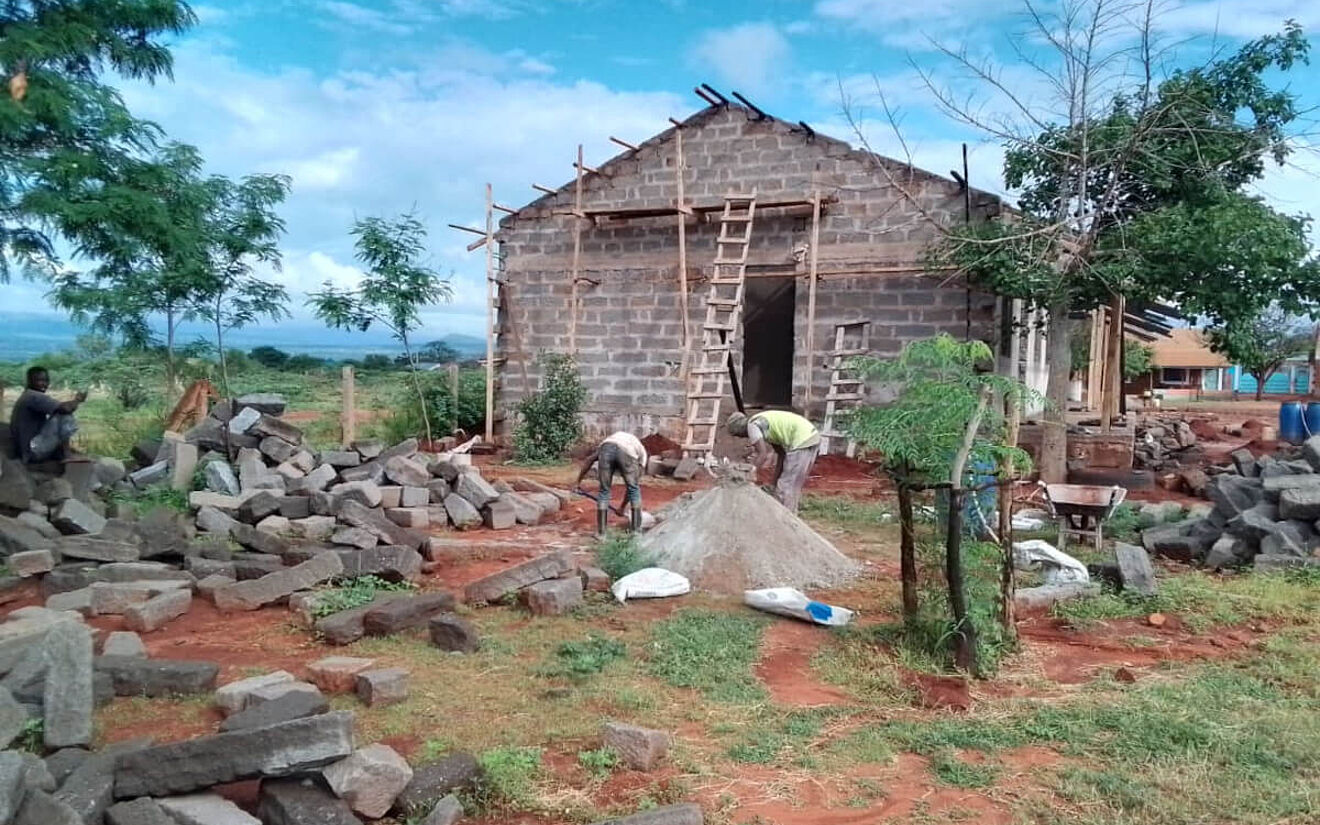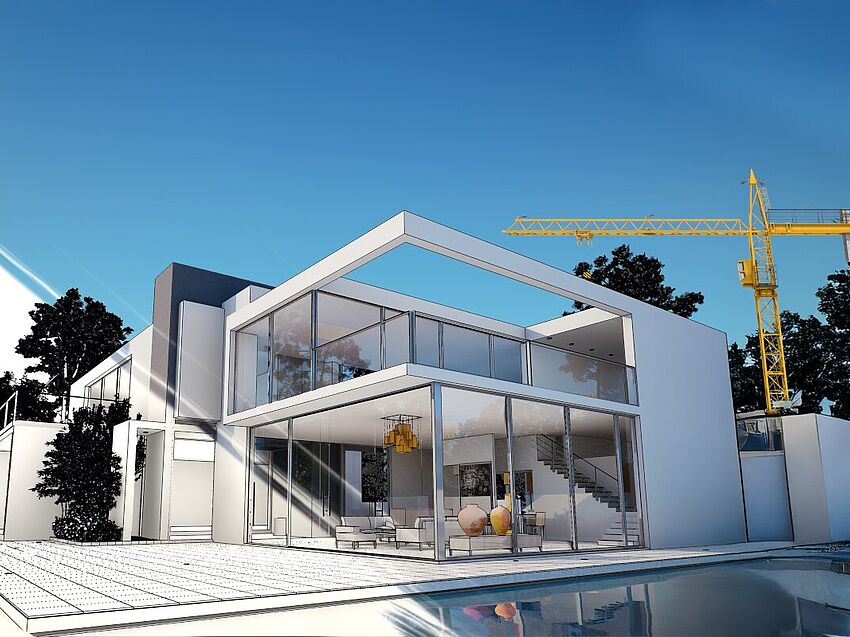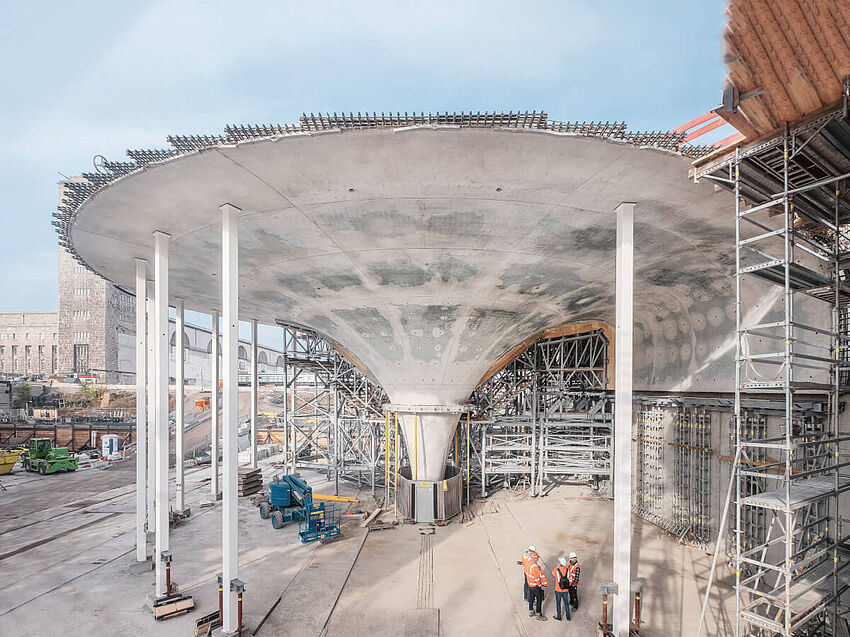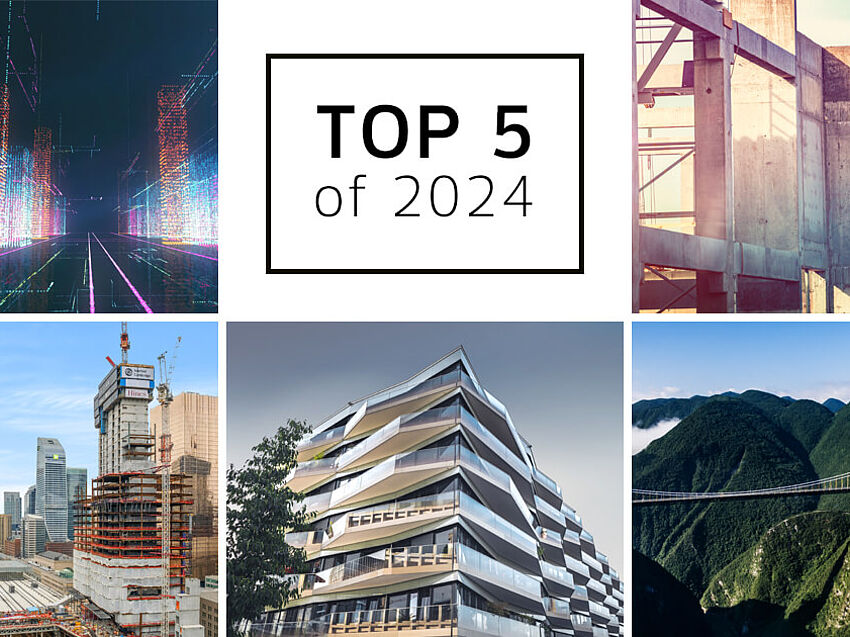A New Gateway to the Bernese Oberland: How ALLPLAN Helped Shape the BOB Matten Station
Engineers Without Borders is supporting a women's group with the expansion of a Kenyan education center. ALLPLAN is participating in the project with a donation.
Engineers Without Borders has made it its mission to use technical expertise to improve people's living conditions to help make the world a better place. To this end, the non-profit organization helps people to help themselves by providing basic infrastructural needs in regions where technical cooperation is necessary (and possible). Education is also part of these basic needs. The NGO's current projects therefore include the expansion of an education center in Taveta, Kenya. The project volume is financed by donations. ALLPLAN has also made a donation.

New junior secondary school for the Mbuyuni Sunrise Academy
With its low school fees, the Mbuyuni Sunrise Academy provides education for all social classes. It is run by the Mbuyuni Women Group (MWG), which is also the local project partner for Engineers Without Borders and has many years of experience in the education sector. The Mbuyuni Sunrise Academy is considered to be a very successful project but requires extensive expansion in order to provide local pupils with an education beyond the six-year primary school. To this end, a Junior Secondary School (JSS) is to be built with two specialized labs, rooms for lesson preparation, two classrooms and a central assembly and dining room.
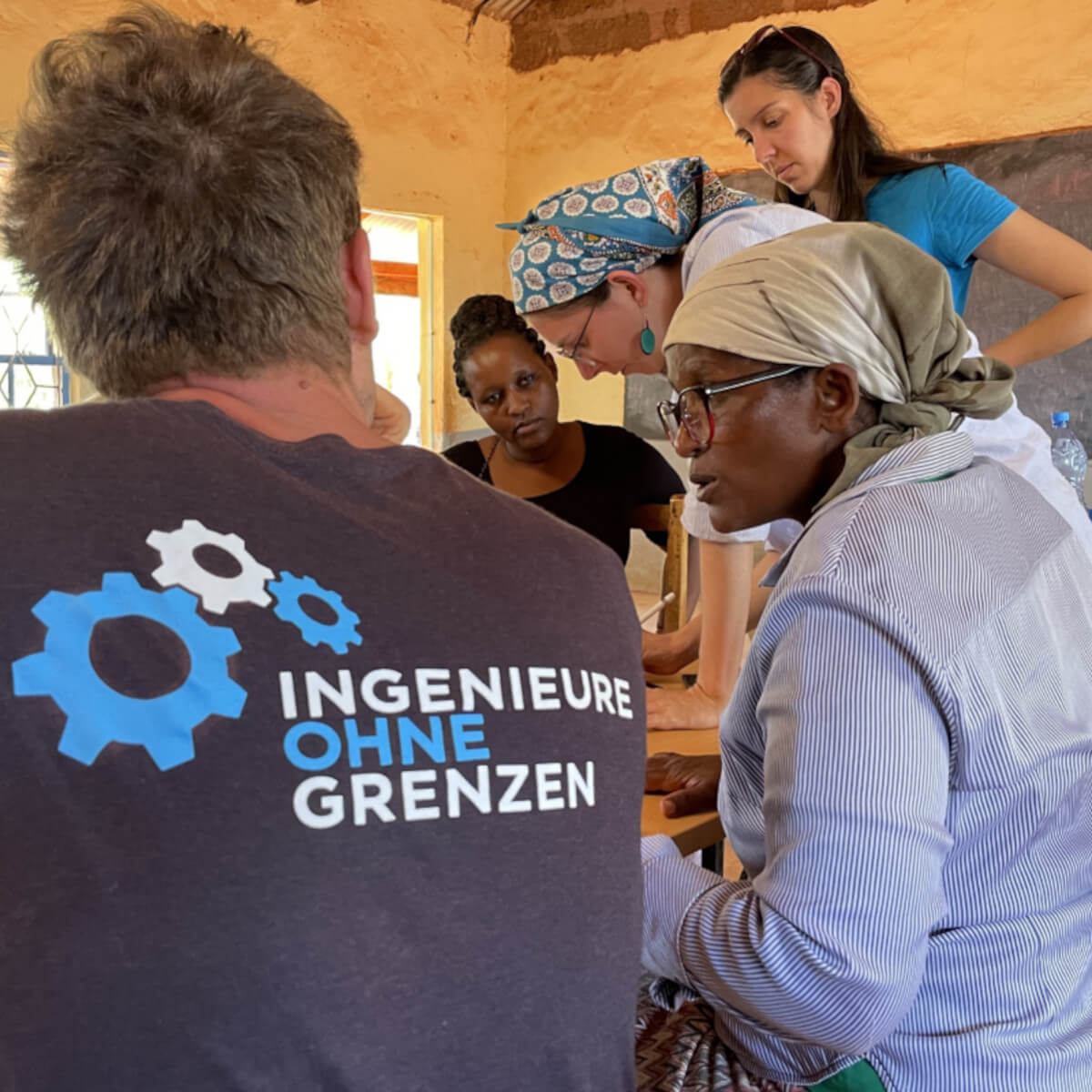
In addition, there is an acute need for water, sanitation, and hygiene (WASH) facilities, particularly toilets for disabled and very young children, for whom the current sanitary facilities are too far away. There is also a need for a reliable and affordable energy supply. The latter is particularly necessary in view of the requirements for digital learning and training in information and communication technology. A photovoltaic system (possibly also with electricity storage) should provide a remedy here.
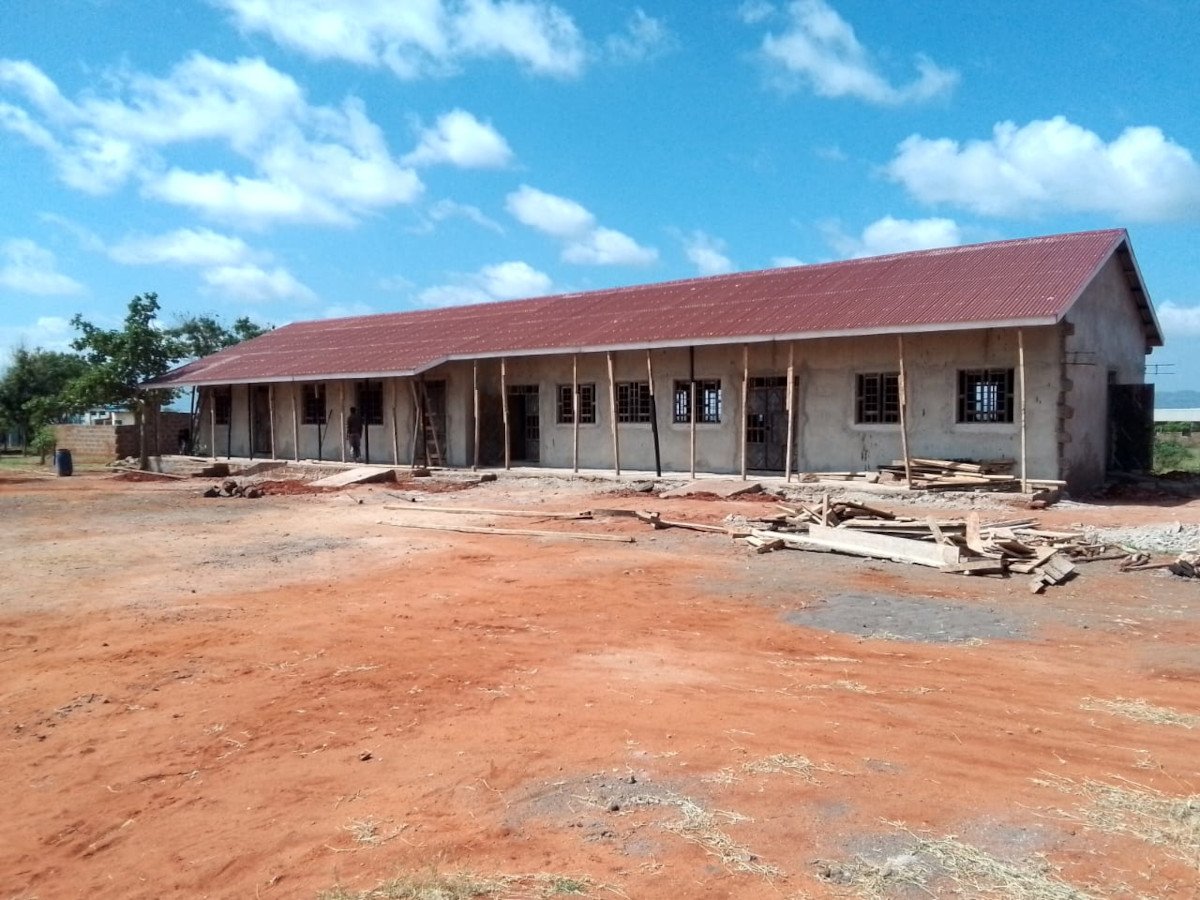
Implementation in four phases
The project will be implemented in four phases. The first of these began in October 2023 with the construction of the specialized labs, including the rooms for science lessons. This was followed in January by the construction of a classroom for the sixth grade. Phase two provides for the evaluation, planning, and construction of a photovoltaic system and the improvement of the existing WASH infrastructure with first-flush systems. In addition, a classroom for the ninth grade is to be built from November.
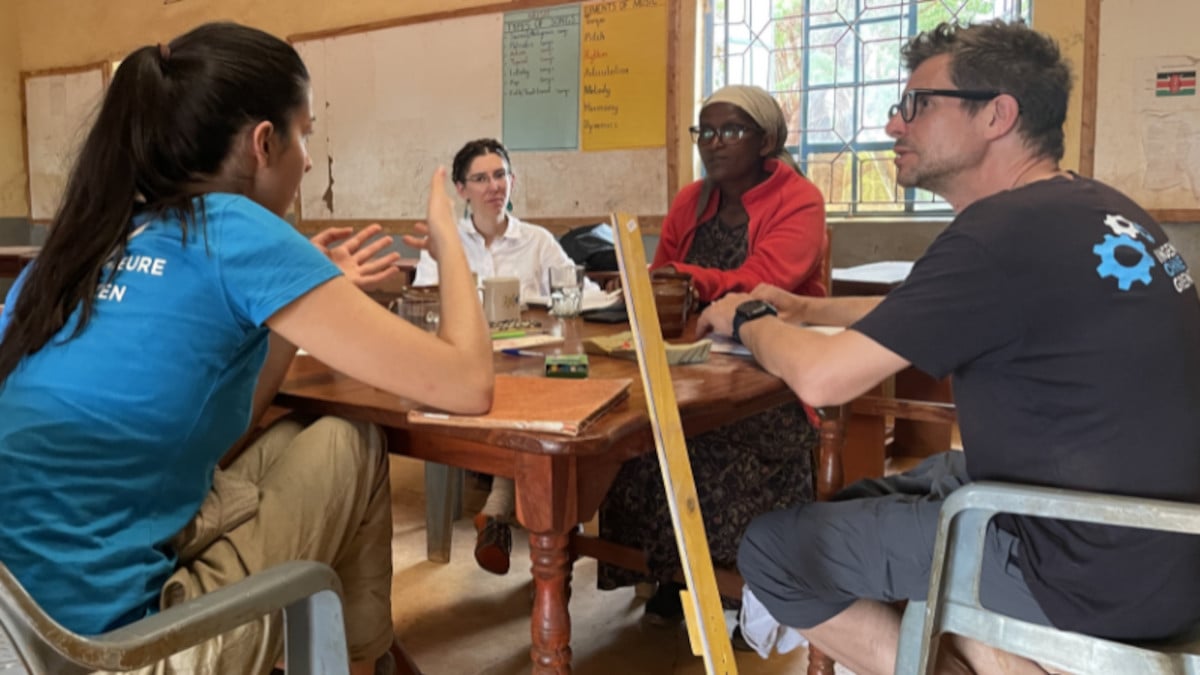
Phase three begins with the design and equipping of the rooms in accordance with government specifications (e.g. the chemistry laboratory). A well is also to be evaluated, planned, and built in October 2025. If the construction of the well proves to be unfeasible, the plan is to install additional rainwater cisterns instead. The final phase will involve the construction of a central multi-purpose building with a dining hall, assembly hall, and study room. Further specialized labs are also to be completed by March 2026.
